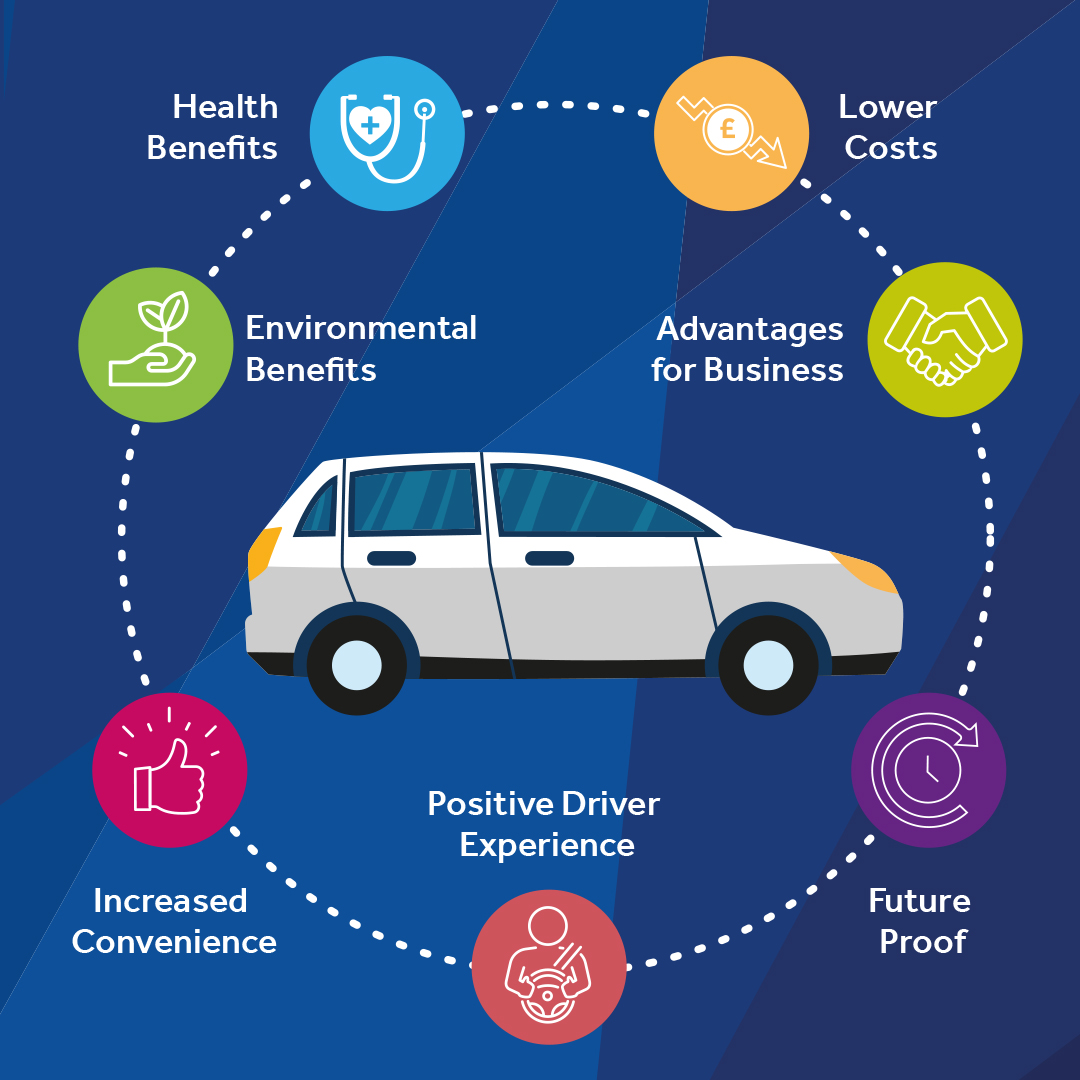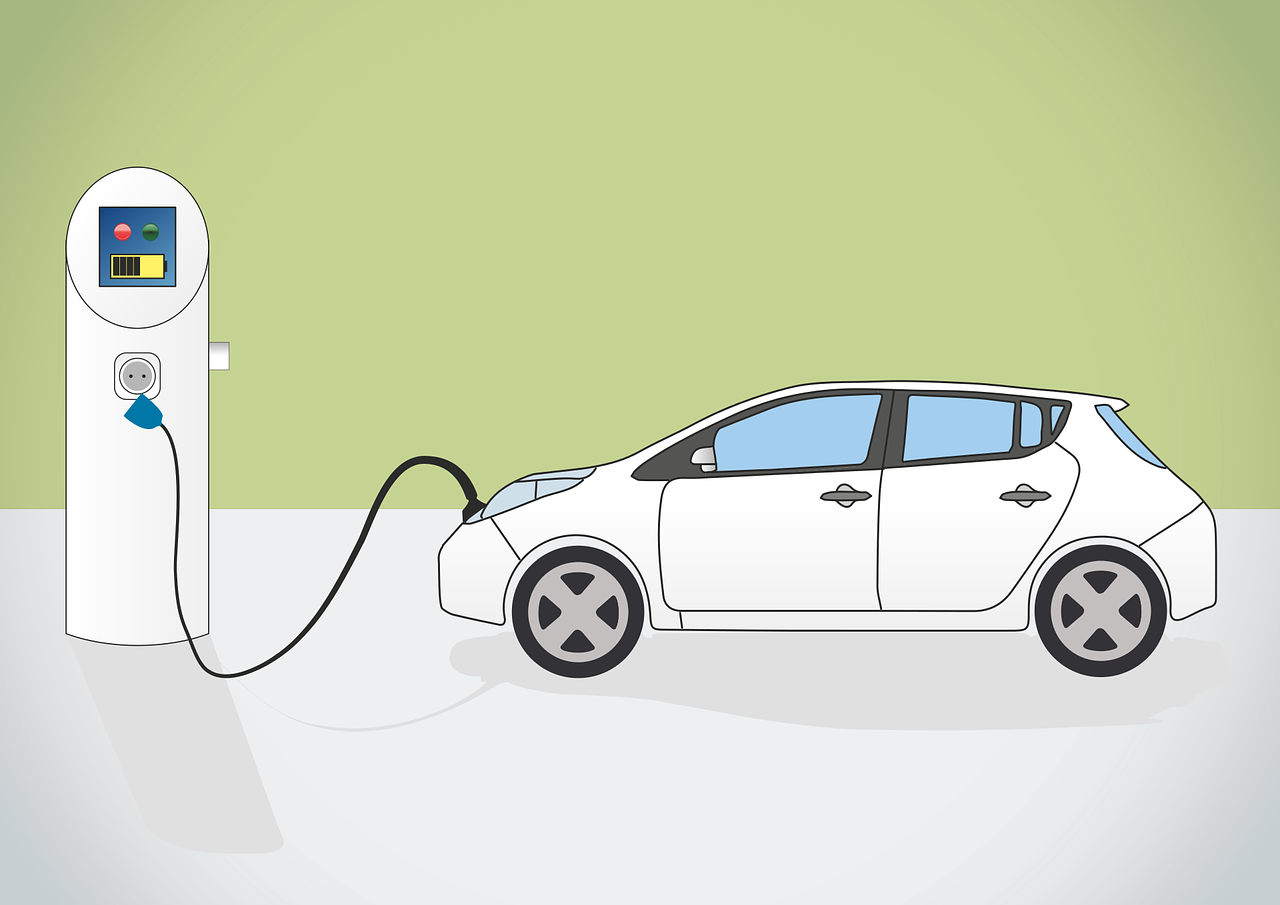The Evolution of Electric Vehicles: Pioneering a Sustainable Future in Transportation
Introduction:
The automotive industry has witnessed a remarkable transformation with the advent and evolution of electric vehicles (EVs). From their humble beginnings as experimental prototypes to their current status as viable alternatives to traditional internal combustion engine vehicles, the journey of electric vehicles spans decades of innovation and technological advancements. This article explores the pivotal stages and significant milestones in the evolution of electric vehicles, highlighting their role in paving the way towards a more sustainable future in transportation.
Early Developments and Challenges:
1. The Emergence of Electric Cars:
The concept of electric vehicles dates back to the 19th century, with inventors and engineers experimenting with electric propulsion. Early electric cars faced limitations in range and performance due to the nascent state of battery technology and the lack of infrastructure to support mass adoption.
2. Technological Constraints:
Historically, electric vehicles struggled with limited battery capacity, slow charging times, and the high cost of battery production. These limitations hindered their widespread acceptance and relegated them to niche markets, primarily for short-distance commuting.
Technological Advancements and Key Milestones:
1. Battery Innovations:
Advancements in battery technology, particularly the development of lithium-ion batteries, revolutionized the electric vehicle industry. These high-energy-density batteries offered improved range, faster charging capabilities, and reduced costs, significantly enhancing the feasibility of EVs for mainstream consumers.
2. Market Entrants and Competition:
The entry of major automotive manufacturers into the electric vehicle market sparked competition and innovation. Companies like Tesla, Nissan, Chevrolet, and others introduced electric models with enhanced performance, longer ranges, and advanced features, challenging conventional perceptions of electric vehicles.
3. Infrastructure Development:
The establishment of charging infrastructure networks globally played a crucial role in bolstering the adoption of electric vehicles. Initiatives to install public charging stations, along with advancements in fast-charging technologies, alleviated range anxiety and encouraged consumers to embrace electric mobility.
Accelerated Adoption and Industry Transformations:
1. Government Support and Policies:
Governments worldwide implemented supportive policies, including subsidies, tax incentives, and emissions regulations, to incentivize the adoption of electric vehicles. These measures aimed to reduce carbon emissions, combat air pollution, and accelerate the transition towards sustainable transportation.
2. Technological Convergence:
The convergence of electric vehicles with emerging technologies such as autonomous driving, connectivity, and renewable energy integration has reshaped the automotive landscape. EVs are now integrated with smart features, AI-driven systems, and renewable energy sources, enhancing their appeal and functionality.
Future Prospects and Challenges:
1. Continued Innovation and Range Improvement:
Ongoing research focuses on enhancing battery technology, increasing energy density, and reducing charging times. The pursuit of solid-state batteries and other breakthroughs aims to further improve the range and performance of electric vehicles.
2. Infrastructural Expansion:
Future efforts will concentrate on expanding charging infrastructure, including fast-charging stations and wireless charging technologies, to accommodate the growing fleet of electric vehicles and address the needs of urban and rural areas alike.
3. Environmental Impact and Sustainability:
Electric vehicles are celebrated for their reduced emissions, yet challenges persist regarding the environmental impact of battery production and disposal. Developing sustainable practices for battery manufacturing and recycling remains a priority for the industry.
The evolution of electric vehicles from an innovative concept to a viable and increasingly popular mode of transportation signifies a monumental shift in the automotive industry. With continuous advancements in technology, supportive policies, and growing consumer acceptance, electric vehicles are poised to become the cornerstone of a sustainable future in transportation. Despite challenges, the ongoing commitment to innovation and environmental stewardship ensures that electric vehicles will continue to drive towards a cleaner and greener mobility landscape.
latest video
news via inbox
Nulla turp dis cursus. Integer liberos euismod pretium faucibua









